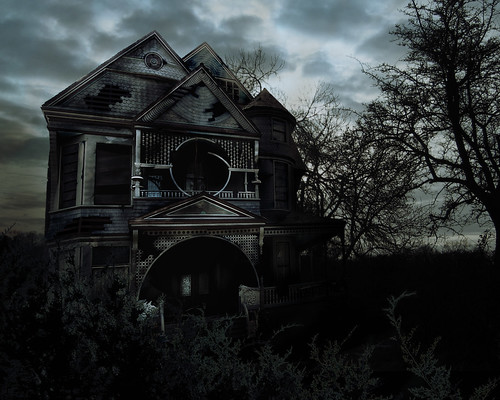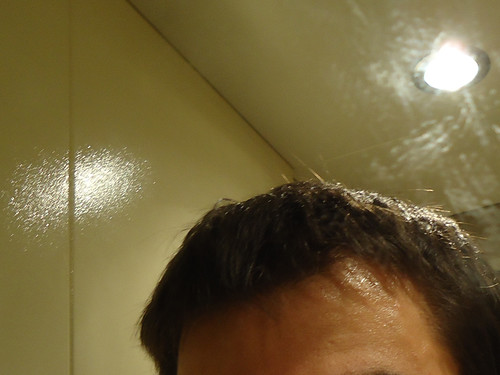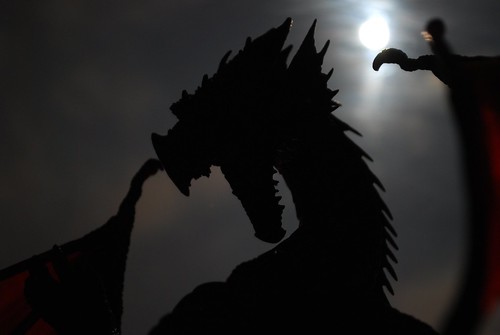
The viral marketing campaign rode waves of jesting, revolted incredulity. Marketing imagery was all spatters of ketchup like blood, bleeding burgers flanked by sinister utensils; fast food prepared by sadists. “The joke is,” said CEO Geoff Ferelis on an investor call, “what we really kill are expectations. The only thing leaving a Murder Burger restaurant dead… is hunger.”
The first in-store death attracted the inevitable attention of the smirking irony beat. That quarter, revenues blew away expectations: lines stretched out the door, people defying the urban legend. Groups of friends would dare each other to sit through a whole meal. They laughed on the way out at how silly they’d been, and remarked at how good the food was. Marketing ate it up.
The second death occurred just over a year later, statistically within the realm of coincidence. Numbers were down that quarter. Ferelis released a video on Facebook assuring customers their worry was unfounded, the restaurants were safe. People remarked, “There’s something strange about his eyes.”
By the time the government intervened, the “free switchblade promotion massacre” was a national tragedy. 62 deaths in 24 states. The blades were supposed to be plastic replicas. The rage remained unexplained.









